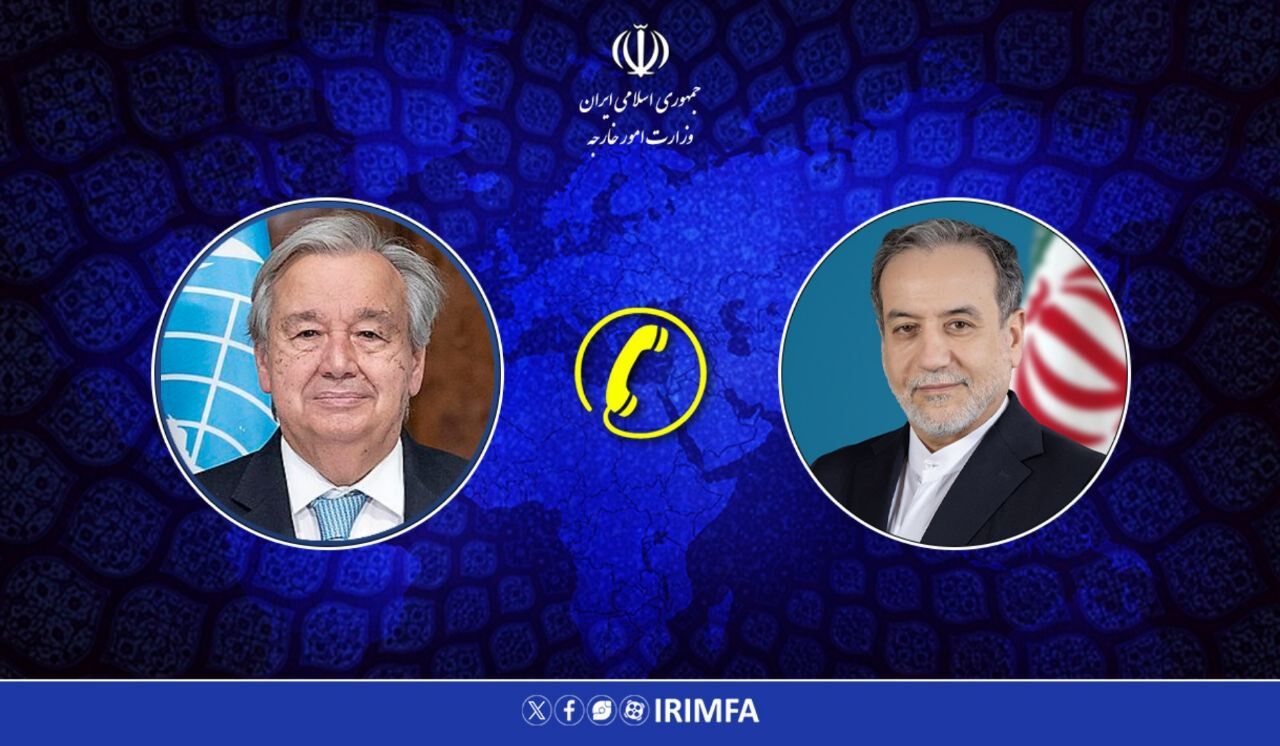
Similar Posts
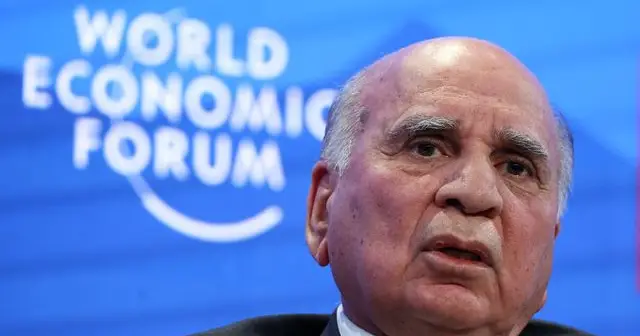
Iraq’s FM Reveals Tehran’s Willingness for Talks, Leaving Washington in the Dust
Iraq is intensifying its role as a mediator between the U.S. and Iran to alleviate long-standing tensions. Iraqi Foreign Minister Fuad Hussein noted Iran’s willingness to negotiate, but the U.S. has not reciprocated. He expressed concern about the absence of U.S. signals for dialogue, emphasizing that the ongoing tensions directly affect Iraq. Iran is reportedly seeking Iraqi mediation due to a lack of diplomatic ties with the U.S. since 1980. Amidst fears of potential Israeli attacks on Iran, Iraq’s mediation efforts reflect its unique position in the region and aim for a peaceful resolution to enhance regional stability.
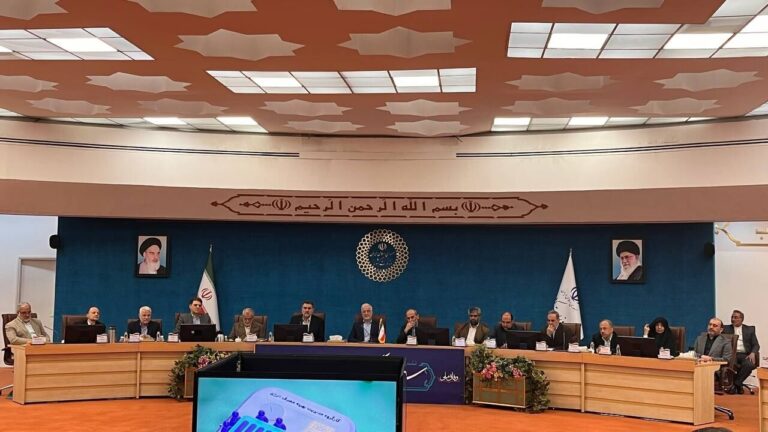
Iran’s Bold Move: Over 1.2 Million Undocumented Immigrants Deported in 2022, Says Interior Minister
Iran has deported over 1.2 million undocumented immigrants in the past year, as confirmed by Minister of Interior Eskandar Momeni. In a meeting with provincial governors, Momeni emphasized the strain undocumented immigrants place on the local job market, stating that Iran can no longer accommodate them despite its historical ties with neighboring countries. He noted the necessity of deportations to restore job opportunities and address economic challenges. Additionally, Momeni announced that the Iranian Parliament will discuss a new bill to create the National Immigration Organization, aimed at regulating immigration issues and improving oversight.
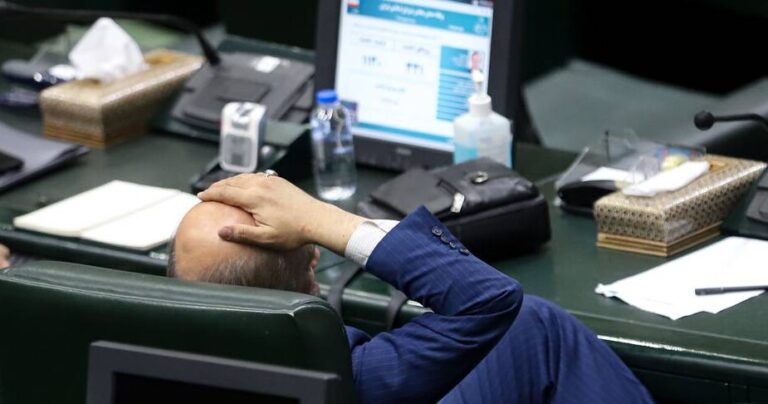
Tehran’s Domestic Challenges Loom Large Amid Washington Negotiations
Iran is facing a critical foreign affairs situation, engaging in talks with the U.S. while grappling with severe domestic issues. The government, led by Masoud Pezeshkian, struggles with basic reforms, such as daylight saving time, which could alleviate the energy crisis. Critics, including former politician Mostafa Hashemi-Taba, highlight a lack of rational governance and public participation. Proposed changes, like shifting the weekend to facilitate commerce, are stalled due to bizarre opposition. Meanwhile, pressing issues like water shortages and electricity cuts remain unaddressed, leading to civil unrest. The need for effective governance and public engagement is increasingly urgent as Iran navigates these challenges.
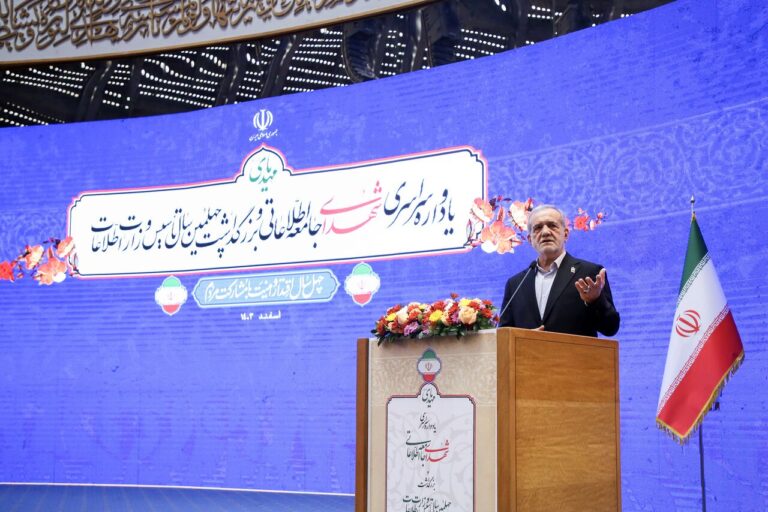
Strengthening National Security: Pezeshkian Advocates for Support of Intelligence Forces
In his recent speech marking the 40th anniversary of the Iranian Intelligence Ministry, President Masoud Pezeshkian emphasized the critical role of Iranian intelligence forces in national security. He pledged his administration’s support to thwart external threats that aim to create discord. Pezeshkian highlighted the need for cooperation between authorities and intelligence agencies to combat unrest and recognized the enemy’s strategies to incite disputes among societal groups. He stressed the importance of unity as a powerful response to these threats, stating, “If we join hands together, we will be able to stand up against all plots,” underscoring the necessity of collective action.
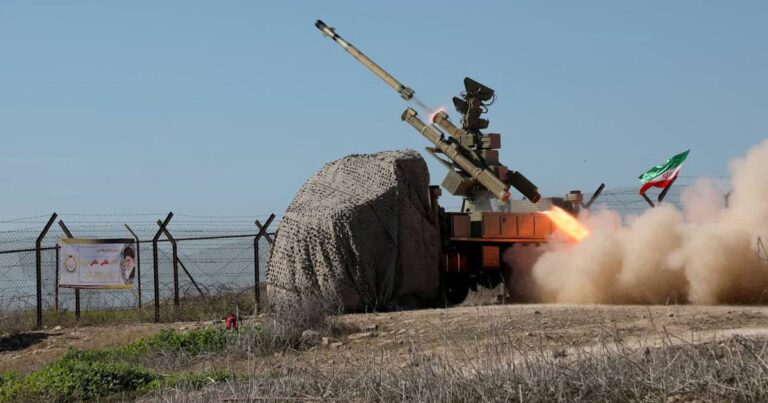
Iran’s Missile Stockpile Overflows: IRGC Chief Reveals Storage Crisis
Iran’s military capabilities are under scrutiny, particularly following statements from Revolutionary Guards commander Hossein Salami, asserting that the nation has more missiles than it can store. Salami emphasized Iran’s self-reliance and independence from external support, notably from Syria, despite recent challenges following the fall of Bashar al-Assad. He announced plans to unveil new underground missile and drone facilities as symbols of military strength. While Iran conducts military drills and seeks to enhance its defenses, it faces challenges due to financial constraints and diminished regional influence. The complexities of Iran’s military strategy highlight vulnerabilities amidst escalating tensions with Israel.
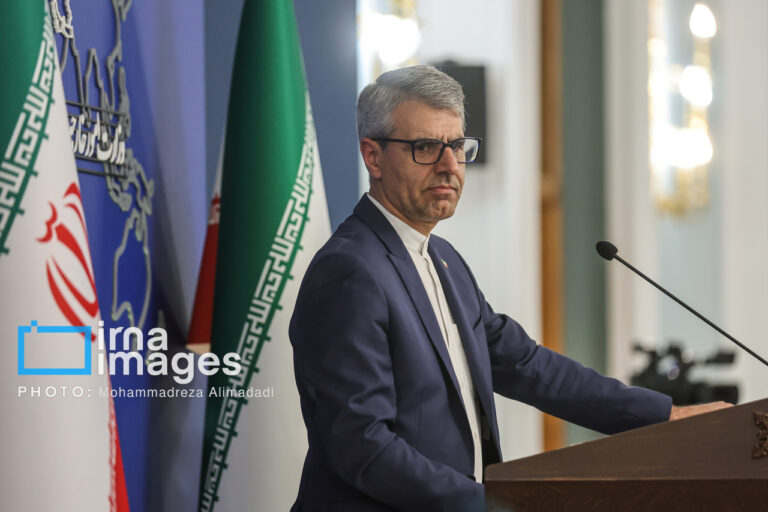
Iran Embraces P.K.K. Leader’s Urgent Call for Disarmament
The Iranian Ministry of Foreign Affairs has endorsed P.K.K. leader Abdullah Ocalan’s recent appeal for disarmament, marking a significant step towards regional peace. Spokesperson Esma’eel Baqayi highlighted Iran’s support for initiatives that aim to terminate terrorism and enhance security in Turkey. Ocalan, imprisoned since 1999, urged his followers to disarm and dissolve the P.K.K., a group classified as a terrorist organization by Turkey. His message, conveyed in Kurdish and Turkish by visiting pro-Kurdish politicians, is seen as a pivotal moment that could reduce violence in the region and foster unity among P.K.K. supporters.